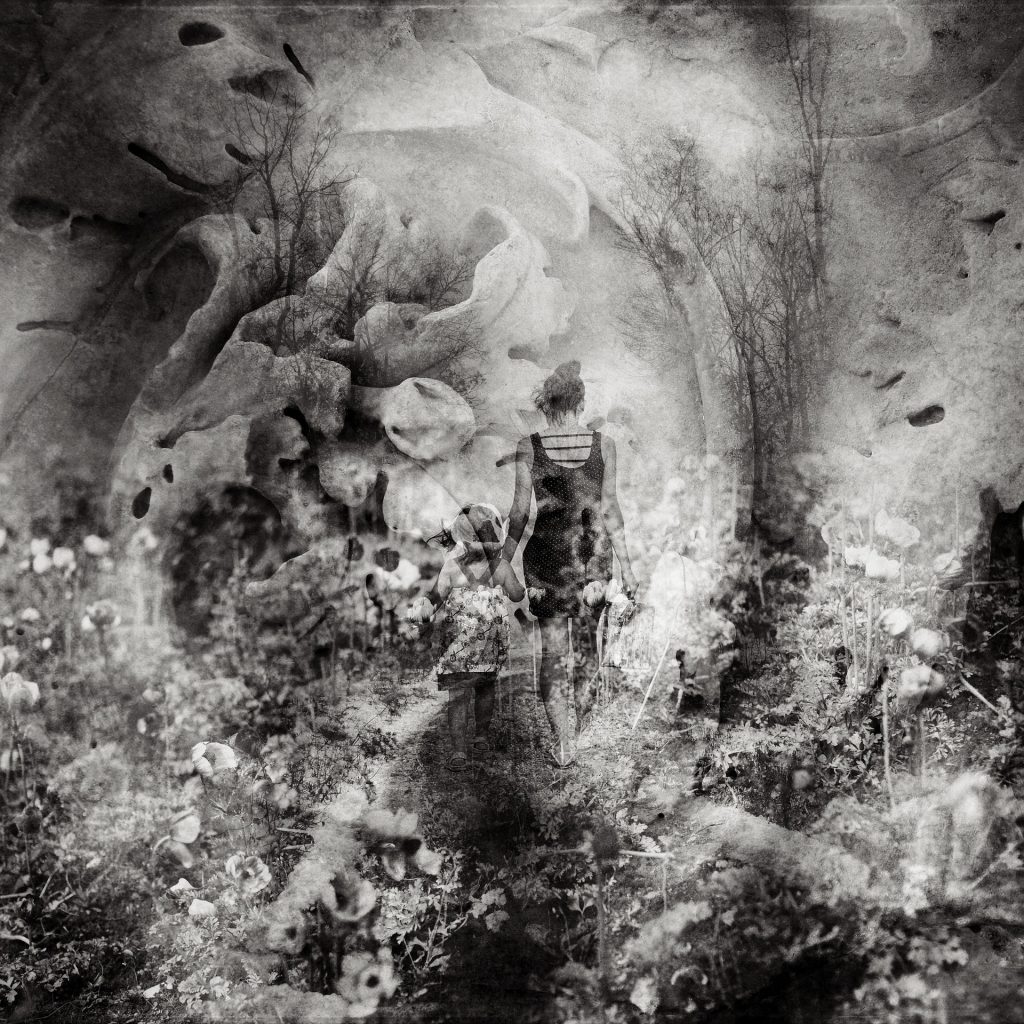
Family law carries a delicate balance between the interests of society and the protection of individual rights in almost every case. Some important questions in family law include the terms and parameters of marriage, the status of children, and the succession of property from one generation to another. Modern marriage is generally characterized as a voluntary union between a man and a woman although there are still vestiges of the arranged marriage that once flourished in Eastern Europe and America. The use of dowries, a form of compensation for the bride’s dependence on the groom, has been practiced in many countries but has tended to disappear in many industrial societies. The emancipation of women dramatically changed marriage in the 19th and 20th centuries, especially in relation to property and economic status. By the mid 20th century most western countries enacted laws establishing equality between husbands and wives.

Child abuse
Modern systems recognize a reciprocal request for divorce, though many require an attempt to reconcile before granting the divorce order.
There are exceptional circumstances in which blatant neglect or abuse of power can be demonstrated. Until modern times, the legal transfer of dependence from father to groom was the usual practice in marriages. For example, Muslim women had considerable control over their own personal property.
In many older systems, divorce could be done without notice if one party gave notice to the other party. A divorce can be granted in many modern systems on mutual request of the parties.
This law gives parents more authority. The society has a responsibility to protect children’s best interests according to laws on child labour and child abuse. The succession of family interests after the death of its members can be considered as a part of the family law. There are also laws that recognize family claims if property is left in the state without a will to determine its distribution. Family claims are recognized when a family member dies without a Will. The will may specify the wishes of the deceased but a surviving spouse or offspring may challenge the provisions of the document. When a marriage is viable, the couple can decide on its future.
The family law is more involved in private life with regard to children than with any other field. Many systems favour special family courts that try to deal with sensitive issues such as child custody more fairly. A family court can also deal with sensitive issues like child custody or child abuse.
Assets
If the deceased leaves no will or testament determining how his or her estate will be distributed, but the surviving spouse and children may challenge what appears to be an unfair or inequitable distribution. A spouse or children may contest the distribution of an estate if the deceased leaves a will or testament. If a will is not made, then the estate will likely be divided among the children of the deceased and those of the deceased. There will be a split between the spouse and children of the dead if no will is made. If there is no will, then the wife or children of the decedent will decide how the estate is divided up. If it’s unclear, then the decedent may leave the estate to the surviving wife.
In case it seems unfair, it may be the death of the decedent or the estate may be divided into smaller pieces. If it is unfair, the estate could be divided into small pieces and the children could contest this arrangement. It could be inequitable if it looks unfair. If it sounds unfair, it might not be fair.
Conjugal family

A conjugal family consists of only husbands and unmarried children who are not of any age. There are some sociologists who distinguish between conjugal families which are relatively independent of the kindred of parents and nuclear families which maintain relatively close ties with their kindred. Others have begun to challenge the normality of the nuclear family such as blended families with single parents and domestic partnerships.
Degrees of kinship
A first-degree relative is someone who shares 50 per cent of your genes through direct inheritance with you. The degree of relationship is determined by counting up generations to the first common ancestor and back down to the target individual, which is used for various genealogy and legal purposes.
Nuclear family

A nuclear family uses highly descriptive kinship terms, identifying only the husband, wife, mother, father, son, daughter, brother, and sister. A nuclear family member can be either lineal or collateral. A nonlinear family structure includes a spouse, stepparent, sibling, and child that is not a biological parent. A step-sibling is the child of a parent who is not the biological parent of the child. Step sisters are step siblings with whom the subject only has one biological parent.
Collateral relatives
In traditional terms these terms do not distinguish between a person married to a central relative and a collateral relative. There are cousins with different levels of removal. This is the most prestigious term which can be distinguished by degrees of collaterality and generational removal. The great becomes great when another great is added to each generation. The degree of removal is the number of generations after the common ancestor before finding a parent of one of the cousins. The degree of reduction is the number of generations of each cousin relative to the common antecedent. The subject and the relative are each other’s cousins.
Matrilineal
A matriline is a line of descent from a female to a male descendant in which individuals in all the intervening generations are mothers. According to a matrilineal descent system a person is considered as belonging to the same descent group as her mother. It’s a form of kinship in which an individual’s family connection is derived and traced through his or her mother’s lineage.
The nuclear family in industrial society
Modern society views the nuclear family as a safe haven from the world that provides absolute satisfaction. A place of love and trust where people can escape from dehumanizing forces. Other conditions considered characteristic of modern times also existed in the past. It was said that there was no golden age of the family in the past and that family structures of the past were more stable and happier at a time when they did not have to contend with problems such as illegitimate children and divorce. In the industrial society, the nuclear family views family structures as superior to those of today.
Elder abuse
Many forms of elder abuse are recognized as types of domestic violence or family violence. Laws protecting the elderly from abuse are similar to laws protecting dependent adults from abuse. The expectation of trust from the older person in their abuser is the underlying cause of elder abuse. It includes harms by people the older person knows or has a relationship with such as a spouse, a family member, a friend, or a neighbor or people the elderly person relies on for services.
Forced and child marriage
A forced marriage is a marriage in which one or both of the participants are married without their free will or consent. This practice was common throughout the history but is now being condemned by international human rights organisations. Child marriages are often arranged between the families of the future bride and groom, sometimes as soon as the girl is born. As society dictates that one should never oppose the desire of one’s parents or relatives in regard to the choice of a spouse, the line between forced marriage and conscientious marriage may become blurred.
The concept of family honour
Honour killing is the murder of a member of a family or social group by other members due to the perpetrator’s belief that the victim brought shame or dishonor upon the family or group. The conduct of family members reflects on the family. In a culture of family honor, keeping family tradition is often viewed as more important than individual freedom or individual achievement. Being in a relationship that is disapproved by their relatives having sex outside of marriage, dressing in ways that are considered inappropriate and engaging in homosexual relationships are some of the reasons why people refuse to enter into an arranged marriage. Extreme actions deemed to tarnish the reputation of the family may result in criminal charges.
Social justice
Women have argued that the state’s reluctance to intervene and offer protection to women who have been abused within the family is a violation. They argue that personal experience is political and that there are strong connections between personal experiences and larger social and political structures. The family and social justice are a national issue.
Leave a Reply
You must be logged in to post a comment.